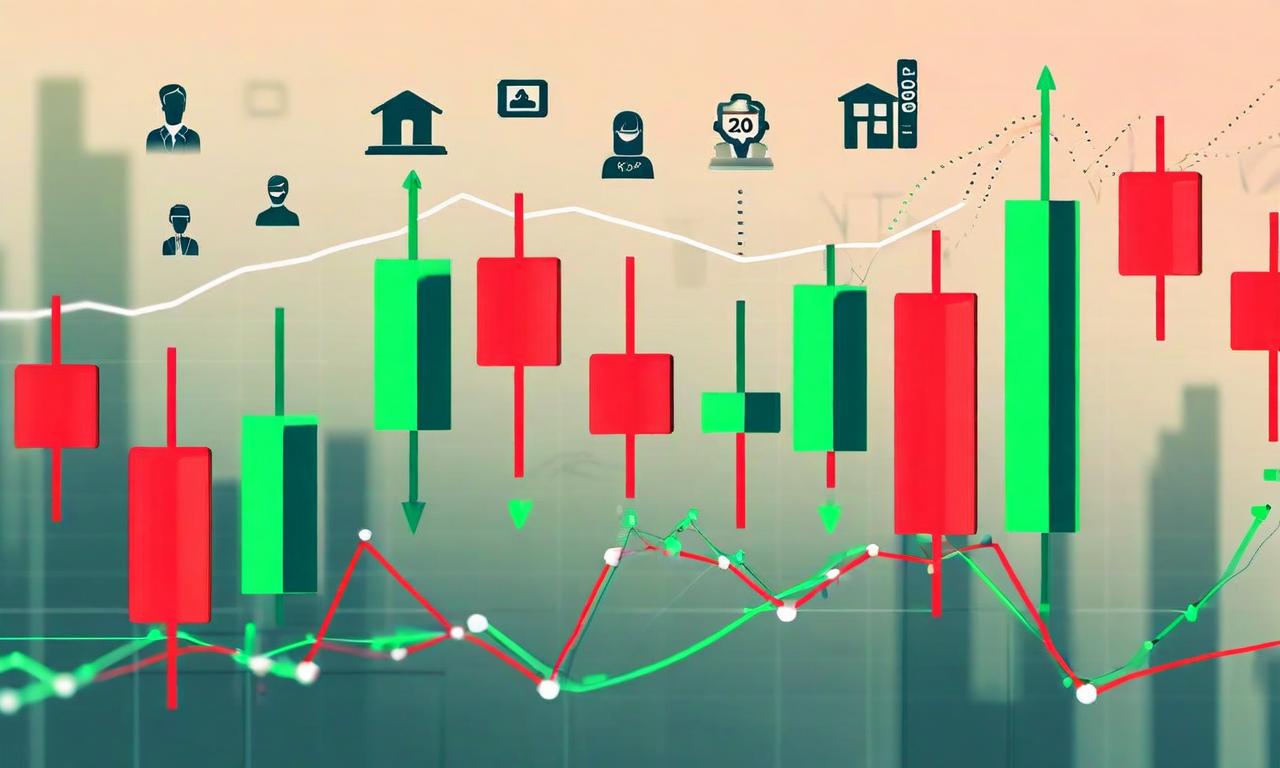Nifty Faces Volatility: H-1B Visa Changes, GST Cuts, and Sector-Specific Pressures
The Indian stock market faces potential volatility due to various factors. Nifty 50 ended its nine-day streak of higher lows, with 25,500 as a key resistance level. The IT sector is under pressure following H-1B visa policy changes in the US. Lower GST rates are expected to benefit consumption-oriented sectors, particularly auto and FMCG. The banking sector's performance will be closely watched after the Nifty Bank index ended its 12-day winning streak. Indian shrimp exporters may face challenges due to proposed US legislation. Market experts suggest a positive overall setup despite short-term consolidation possibilities.

*this image is generated using AI for illustrative purposes only.
The Indian stock market is poised for a volatile trading session as multiple factors come into play. The Nifty 50, India's benchmark index, is expected to react to several developments, including changes in H-1B visa policies, implementation of lower GST rates, and potential challenges for specific sectors.
Nifty 50 Technical Outlook
The Nifty 50 recently ended its nine-day streak of higher lows, failing to breach the crucial 25,500 level and closing near 25,300. Technical analysts view 25,500 as a key resistance level for the index, with support levels identified at 25,250-25,200. Despite the recent pullback, market experts suggest that the overall setup remains positive, albeit with the potential for short-term consolidation.
IT Sector Under Pressure
The IT sector is facing significant pressure following US President Donald Trump's announcements regarding H-1B visas. The impact was immediately visible in the US markets, where shares of Indian IT giants Infosys and Wipro fell by up to 4.00%. This development is likely to have ripple effects on the Indian IT sector, which heavily relies on the H-1B visa program for its operations in the United States.
GST Rate Cuts and Auto Sector Rally
Lower GST rates are now in effect, which is expected to benefit consumption-oriented sectors. The auto, FMCG, and consumer durables industries are anticipated to see increased consumer activity due to these tax reductions. The auto sector, in particular, has already shown strong performance, with stocks reaching record highs ahead of the GST implementation.
Banking Sector Momentum
The Nifty Bank index, which had been on a strong upward trajectory, ended its impressive 12-day winning streak by closing below the 55,500 mark. This sector's performance will be closely watched as it often serves as a barometer for the broader market sentiment.
Challenges for Shrimp Exporters
Indian shrimp exporters may face new hurdles as US Senators have introduced the India Shrimp Tariff Act. This legislation aims to protect Louisiana's shrimp industry from Indian imports, potentially impacting the earnings and stock performance of Indian seafood export companies.
Market Outlook
As the market grapples with these diverse factors, investors and traders are advised to remain cautious. The positive setup highlighted by market experts suggests potential upside, but the confluence of international trade pressures, policy changes, and technical resistance levels could lead to increased volatility in the short term.
The coming trading sessions will be crucial in determining whether the Nifty can overcome the 25,500 resistance or if consolidation will persist. Sectors such as IT, auto, and banking are likely to be in focus as the market digests the latest developments and their potential impact on corporate earnings and economic growth.



































